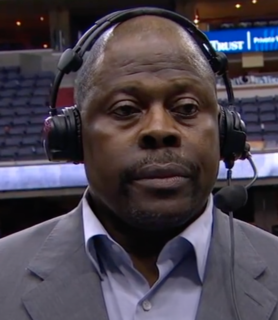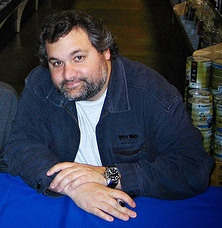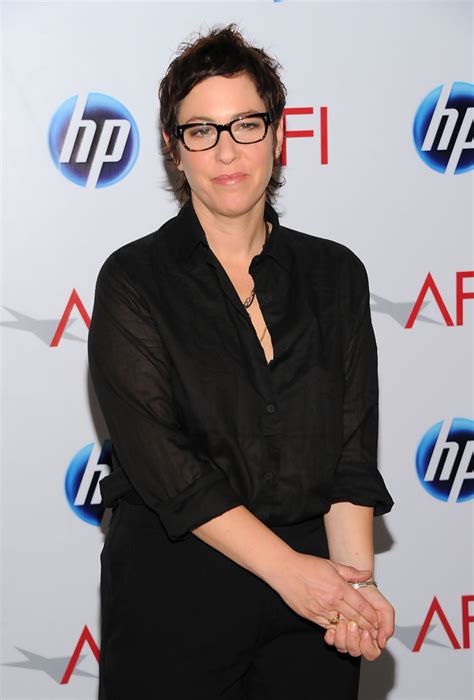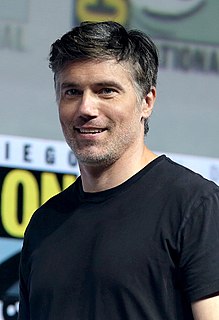A Quote by Patrick Ewing
I wish I had stayed and finished my career here in New York.
Related Quotes
Woody Allen stayed so good because he never left New York. Howard Stern stayed so good because he never left New York - Mel Brooks when he just got out of New York was doing 'Blazing Saddles;' when he left New York he started doing stuff like 'Robin Hood Men In Tights' - he was in L.A. too long. He lost the edge.
A lot of the reason I left New York, in addition to being so broke, was that I just felt I was becoming provincial in that way that only New Yorkers are. My points of reference were really insular. They were insular in that fantastic New York way, but they didn't go much beyond that. I didn't have any sense of class and geography, because the economy of New York is so specific. So I definitely had access and exposure to a huge variety of people that I wouldn't have had if I'd stayed in New York - much more so in Nebraska even than in L.A.
I wish I hadn't worked so hard; I wish I'd had the courage to live a life true to myself, not the life others expected of me; I wish I'd had the courage to express my feelings; I wish I had stayed in touch with my friends; and I wish I had let myself be happier. It's an extraordinary list of getting in your own way, isn't it?
When I got to New York, I had no place to sleep. The pay from 'Sesame Street' wasn't enough to rent an apartment. I was staying on people's couches. I stayed in the dressing room until they found out. I stayed with Jim Henson and his family for a week, and I wanted to do that permanently. I didn't dare ask, though.
I left New York after my mother died and, rather aimlessly, had settled in Istanbul for a change of scene. It was a rather dramatic gesture on my part, since I'd lived in New York for 20 years, but I felt I needed something different - the escalating expense and pressure of New York had begun to weary me.






































